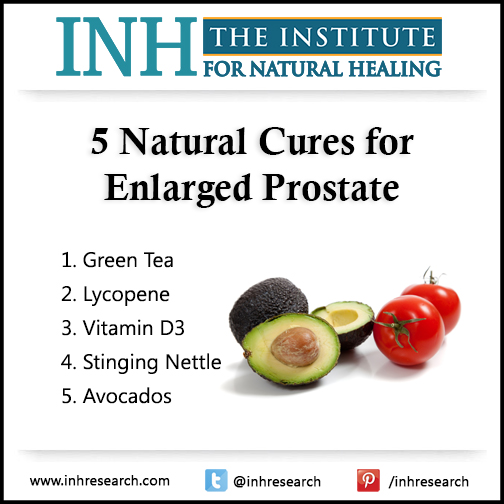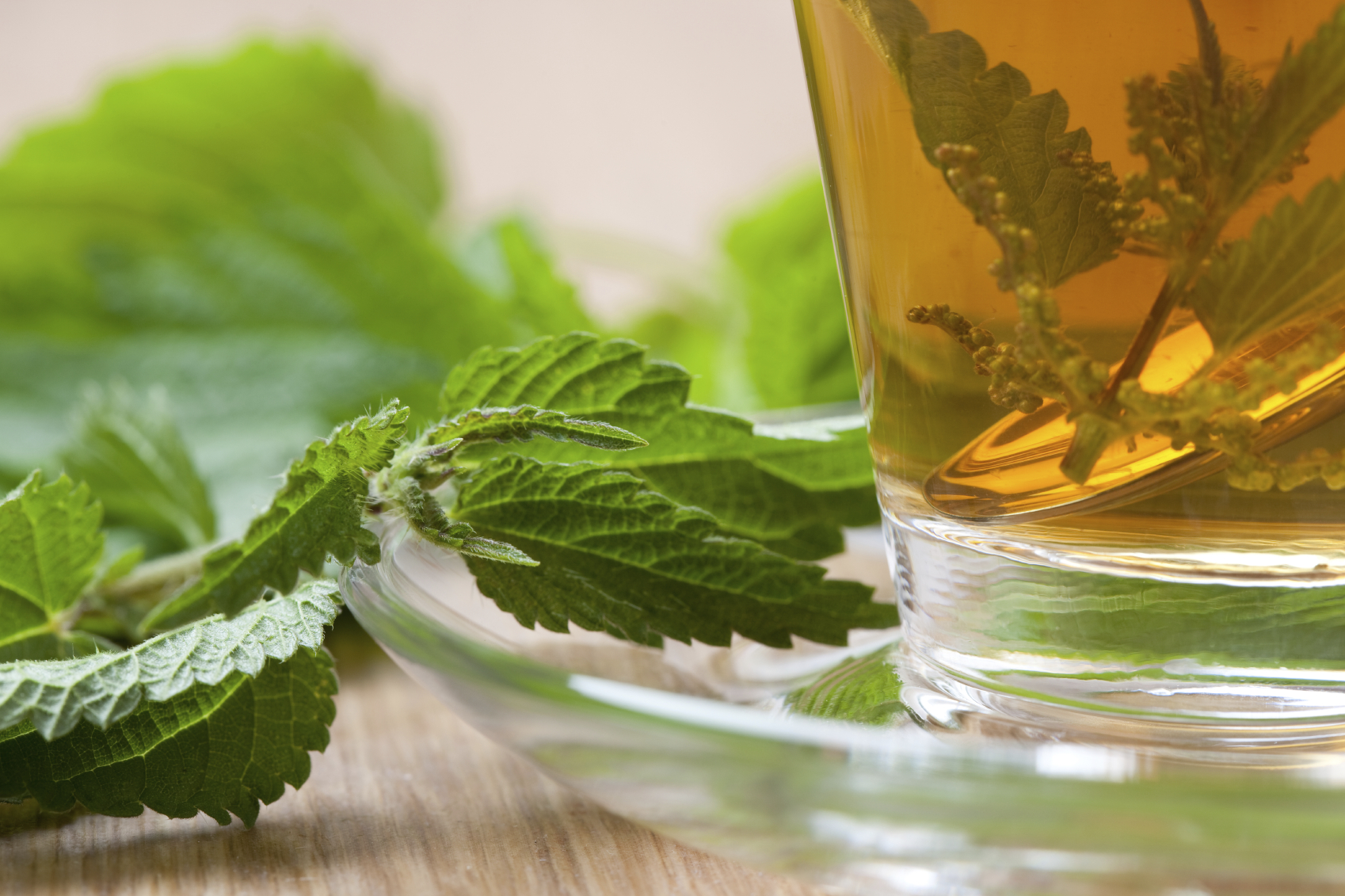Make no mistake, the size of your prostate can have a major impact on your quality of life.
This gland is about the size of a walnut when a man is in his 20s. By the time he’s in his 40s, it may have grown larger, about the size of an apricot. By age 60, a prostate may be the size of a lemon.
An enlarged prostate pushes on the urethra. This makes it hard to urinate. Your bladder can then swell and become painful, leading to kidney damage. Not to mention embarrassing dribbling, loss of sleep because of all the late-night bathroom trips… and those are just the minor effects.
Benign prostate hypertrophy (BPH) can lead to prostate cancer. More than 200,000 North American men develop it each year. And 15% of them die.1
But you can avoid the embarrassment, discomfort, and risk of BPH with these five natural solutions:
1. Green Tea: Green tea is loaded with polyphenols. These plant compounds deter cell damage with their antioxidant activity. In other words, they mop up destructive free radicals.
EGCG is the polyphenol unique to green tea. It doesn’t just prevent inflammation that can lead to BPH. It also kills prostate cancer cells.2
To get the highest concentration, choose matcha green tea. It has 137 times more than China Green Tips green tea.3 Or find a supplement that delivers at least 600 mg per serving.
2. Lycopene: Research shows this antioxidant-rich carotenoid from yellow and red plants lowers prostate-specific antigen (PSA) scores in men with BPH.4
PSA is a marker for BPH. This means the higher your PSA, the more likely you are to have an enlarged prostate.
To get the most protection, you need 15 mg of lycopene a day. One medium tomato contains about 4 mg.5 So you may want to also add a quality supplement.
3. Vitamin D3: In one study, men with prostate cancer were given either 4,000 IU of vitamin D3 a day or a placebo. After 60 days, prostate tumors improved in men taking the vitamin.6 Scientists believe this is because D3 lowers inflammation.
If you’re fair-skinned, being outside in the sun with shorts and a tank top for 10 minutes a day will give you all the vitamin D you need.7 Darker-skinned people need a bit more exposure. If that’s not an option—especially this time of year—a whole-food supplement will do the trick. We recommend 5,000 IUs a day.
4. Stinging nettle: In addition to taming allergies, stinging nettle is widely used to treat prostate disorders. The herb has been shown to alleviate decreased urinary flow and post urination dripping.8
You can find tea preparations of stinging nettle, but it’s most effective when taken as a supplement made from the roots of the plant. Look for one with .8% beta sitosterol. It’s a plant sterol responsible for stinging nettle’s prostate-curing effects.9
5. Avocados: They’re rich in beta sitosterol. As are pumpkin seeds and pecans. These foods are also great sources of healthy, inflammation-fighting monounsaturated fats. That makes them a double defense against a growing prostate—they fight the causes and the symptoms of BPH.[10
Try a few of these, and your prostate health will improve. Or try them all for even better results. You’ll save yourself from the discomfort and embarrassment of BPH—and lower your chances of deadly prostate cancer.
In Good Health,

Angela Salerno
Publisher, INH Health Watch
Like this Article? Forward this article here or Share on Facebook.

References:
1http://www.cancer.org/cancer/prostatecancer/detailedguide/prostate-cancer-key-statistics
2https://www.prostateresearchlabs.com/pdf/green-tea-and-prostate-health.pdf
3http://www.ncbi.nlm.nih.gov/pubmed/14518774
4http://www.ncbi.nlm.nih.gov/pubmed/18156403
5http://www.pcrm.org/health/cancer-resources/diet-cancer/nutrition/how-lycopene-helps-protect-against-cancer
6https://www.nlm.nih.gov/medlineplus/videos/news/Vitamin_Prostate_032315.html
7http://health.usnews.com/health-news/family-health/heart/articles/2008/06/23/time-in-the-sun-how-much-is-needed-for-vitamin-d
8https://umm.edu/health/medical/altmed/herb/stinging-nettle
9http://www.ncbi.nlm.nih.gov/pubmed/10368239
10http://www.healthline.com/health-slideshow/enlarged-prostate-diet#7

